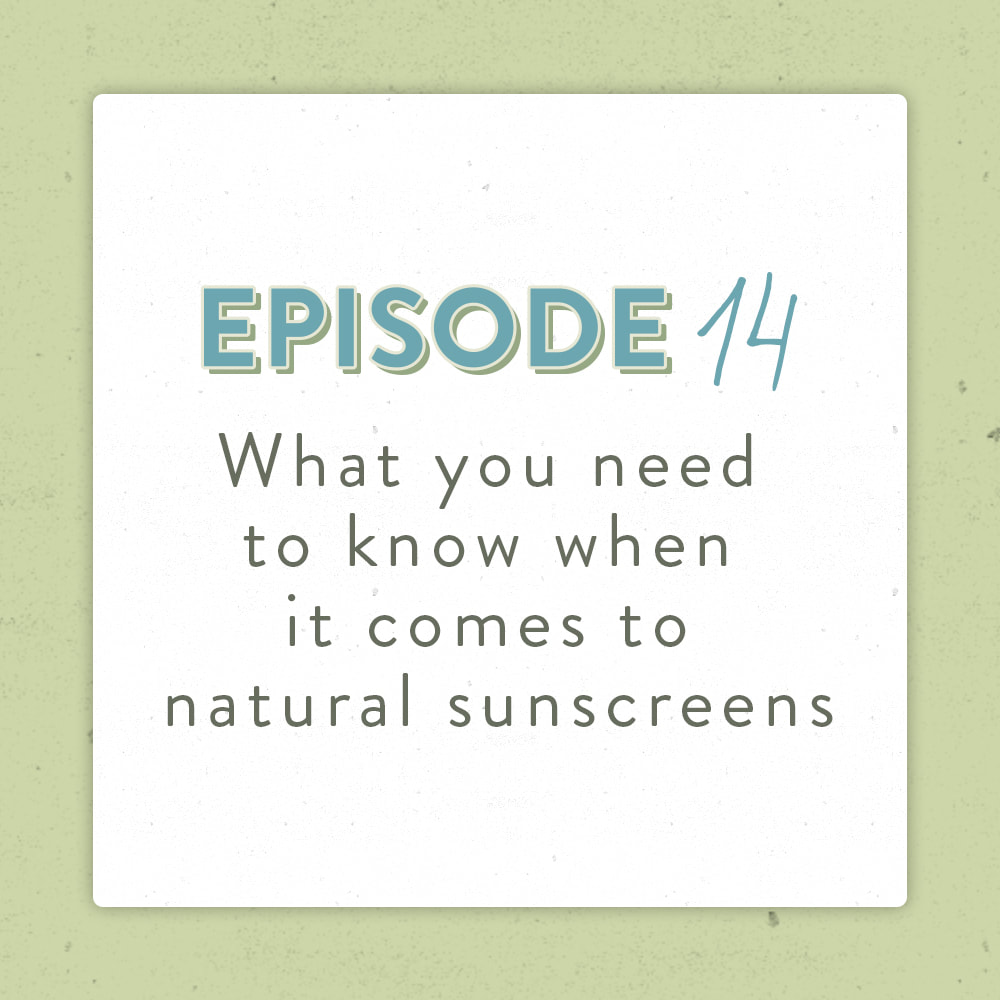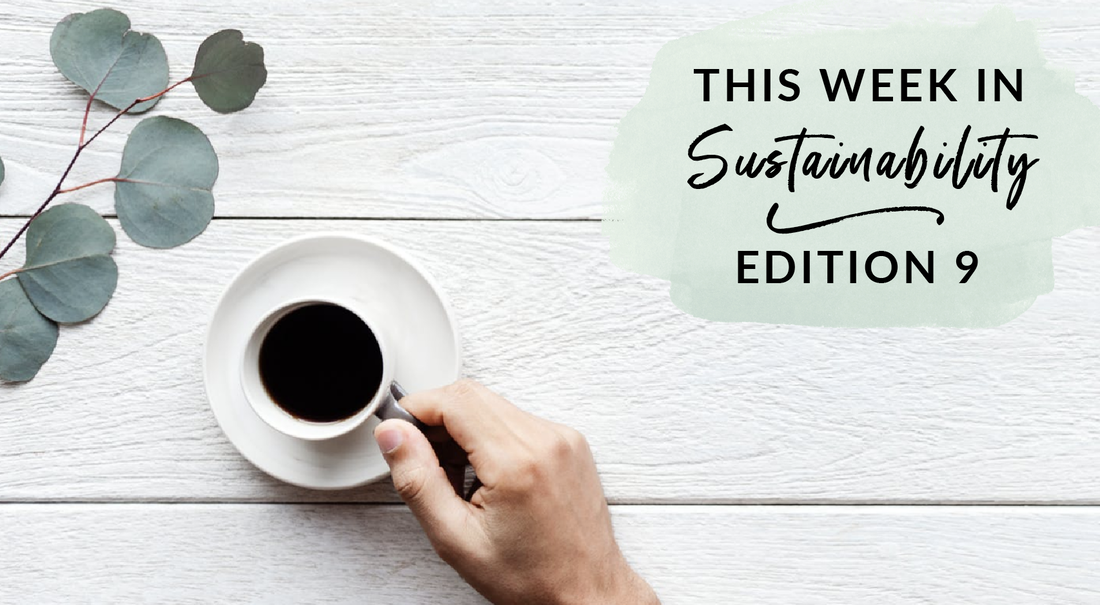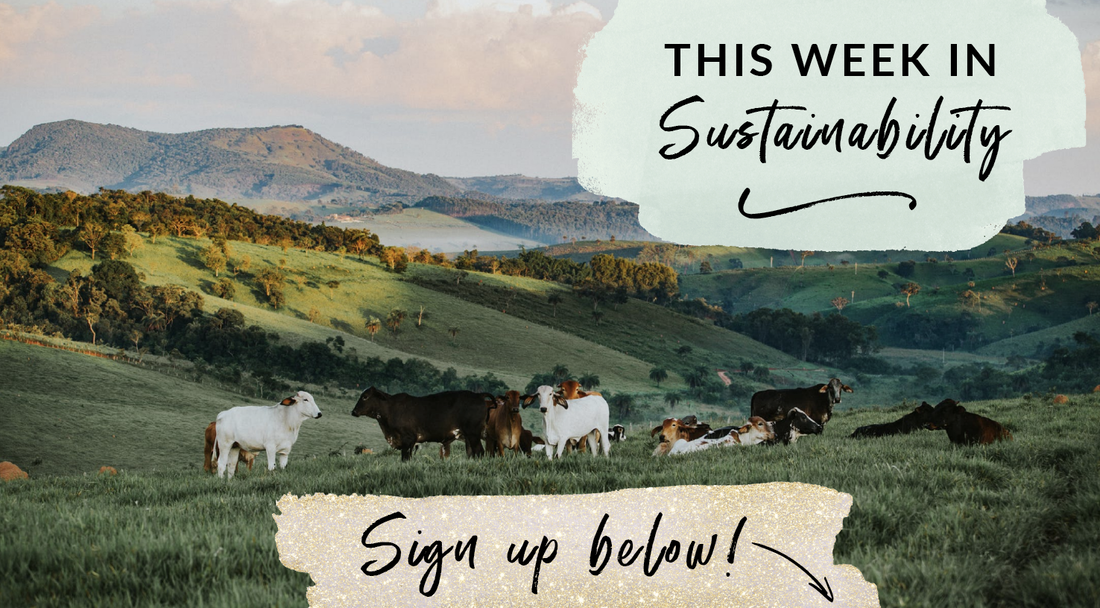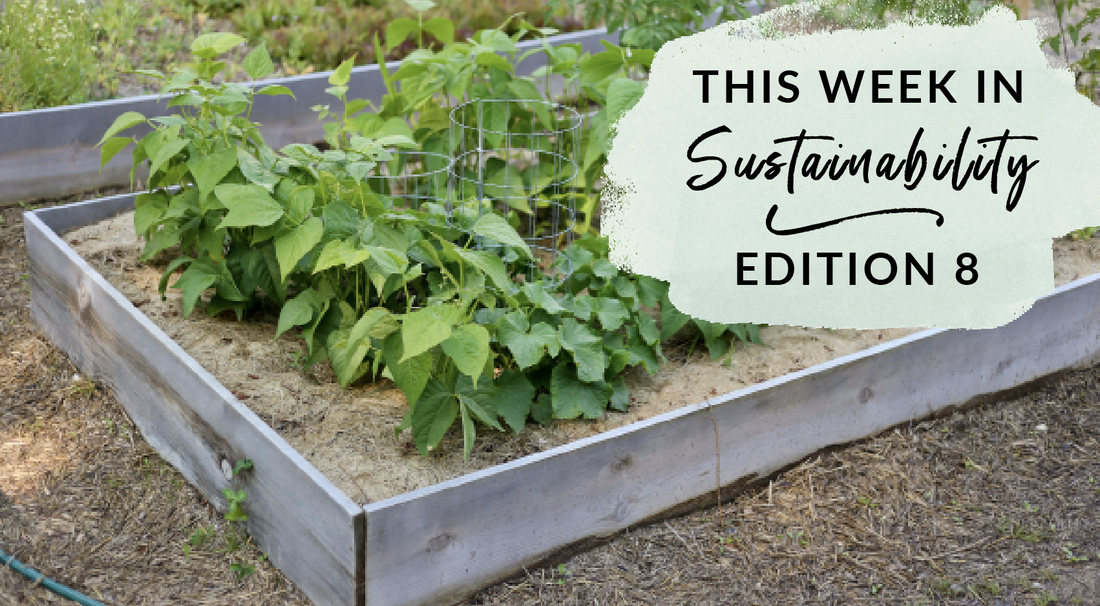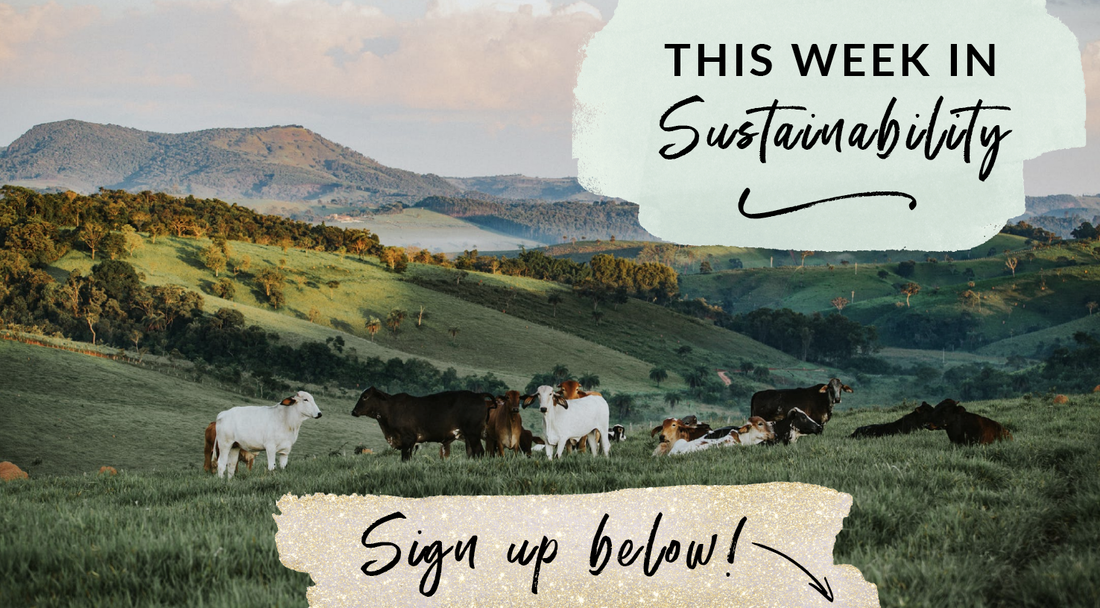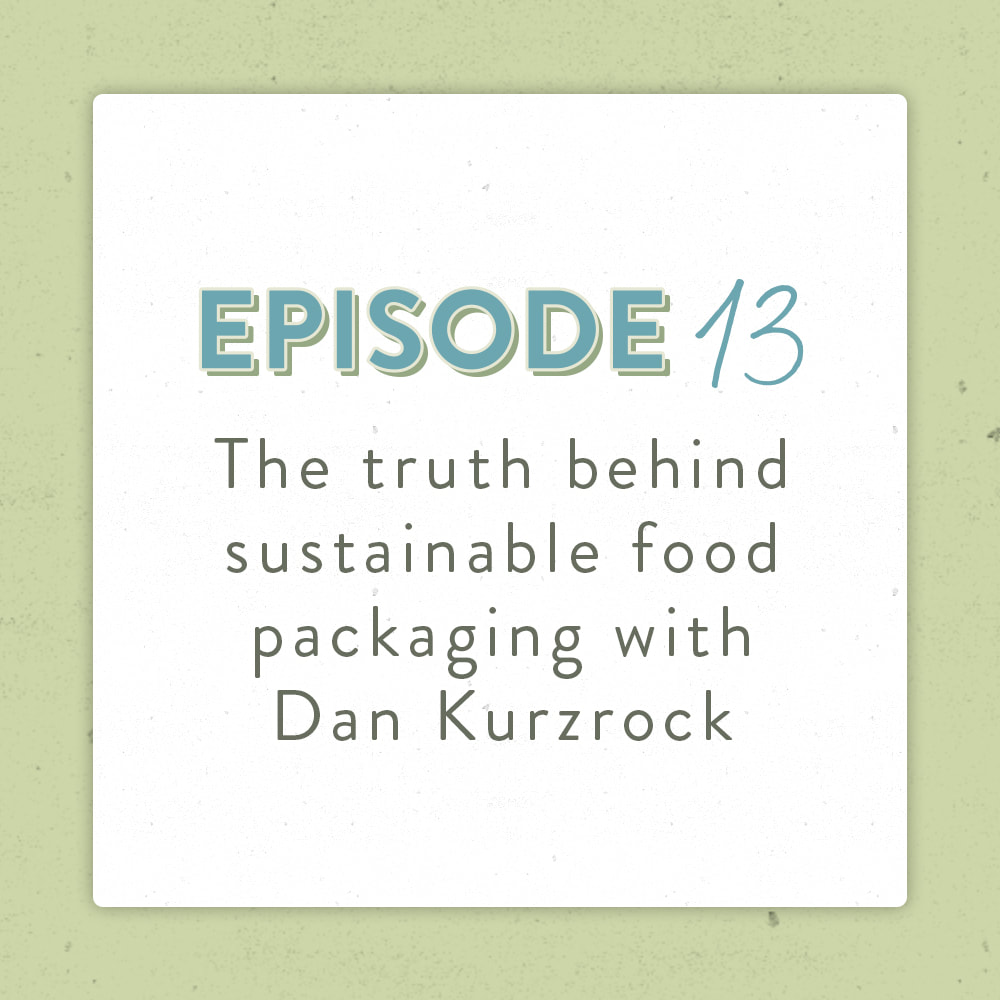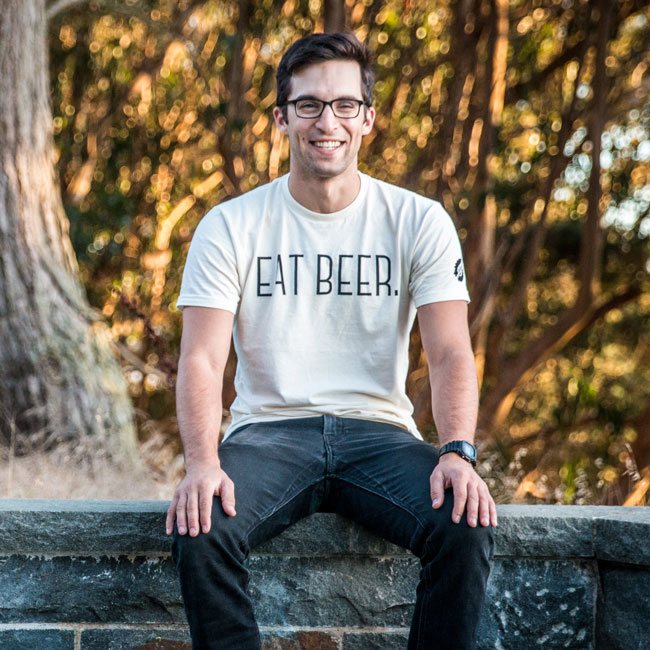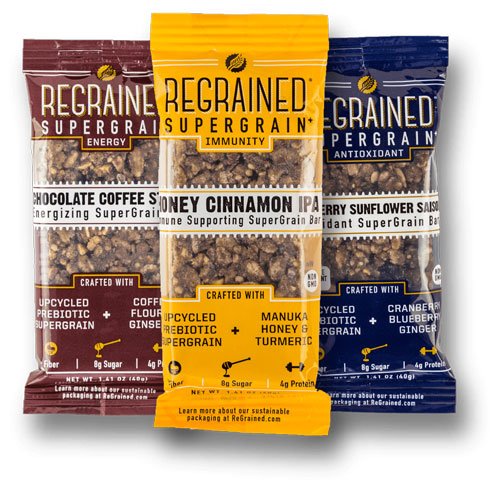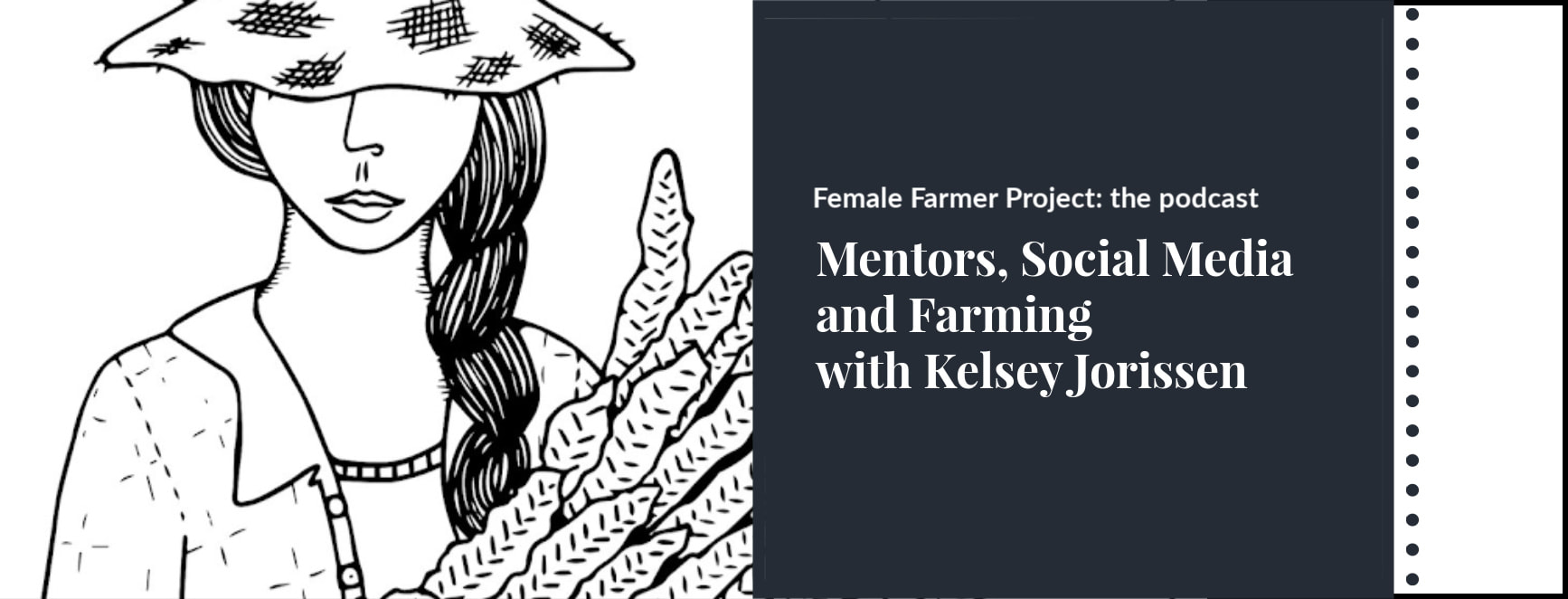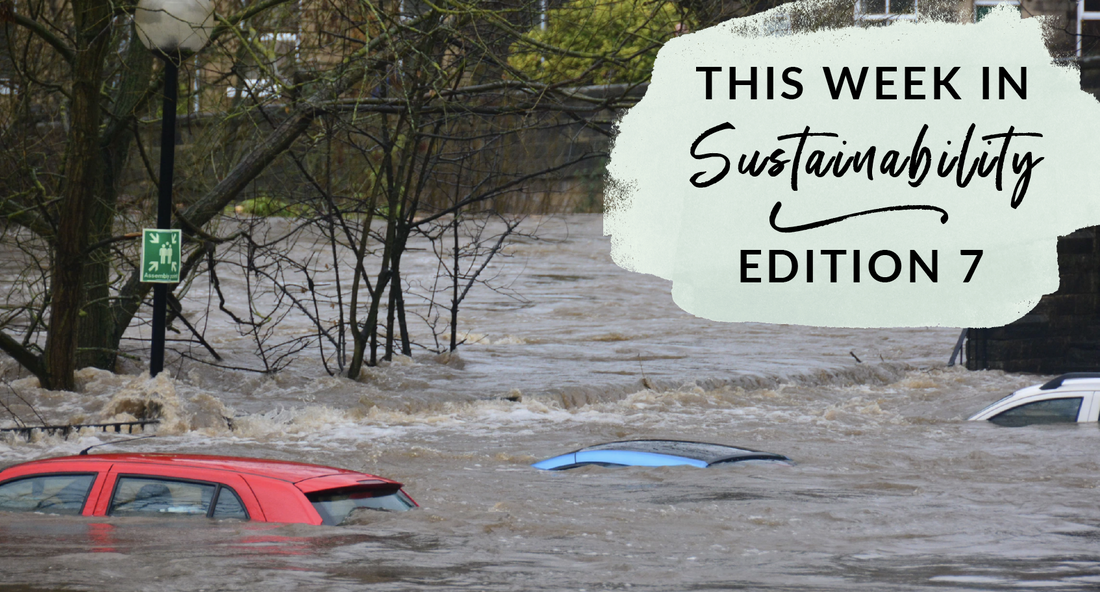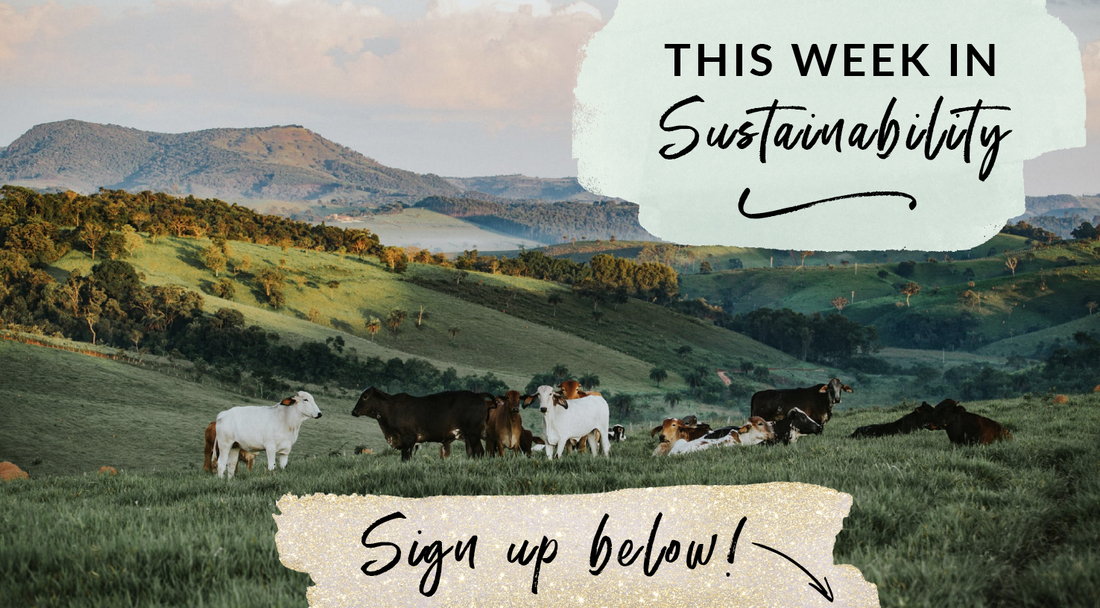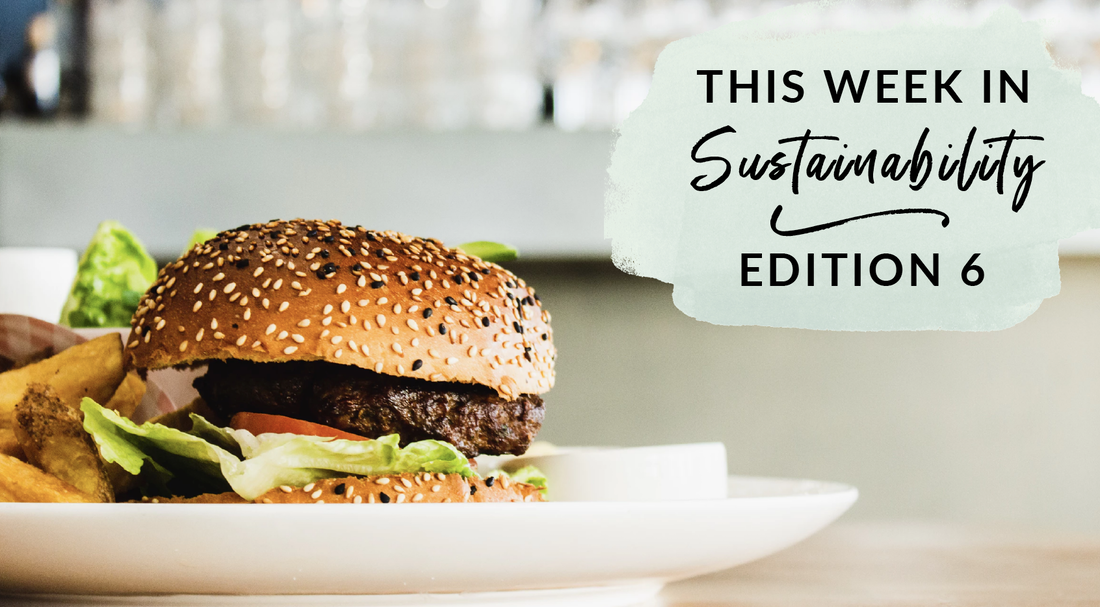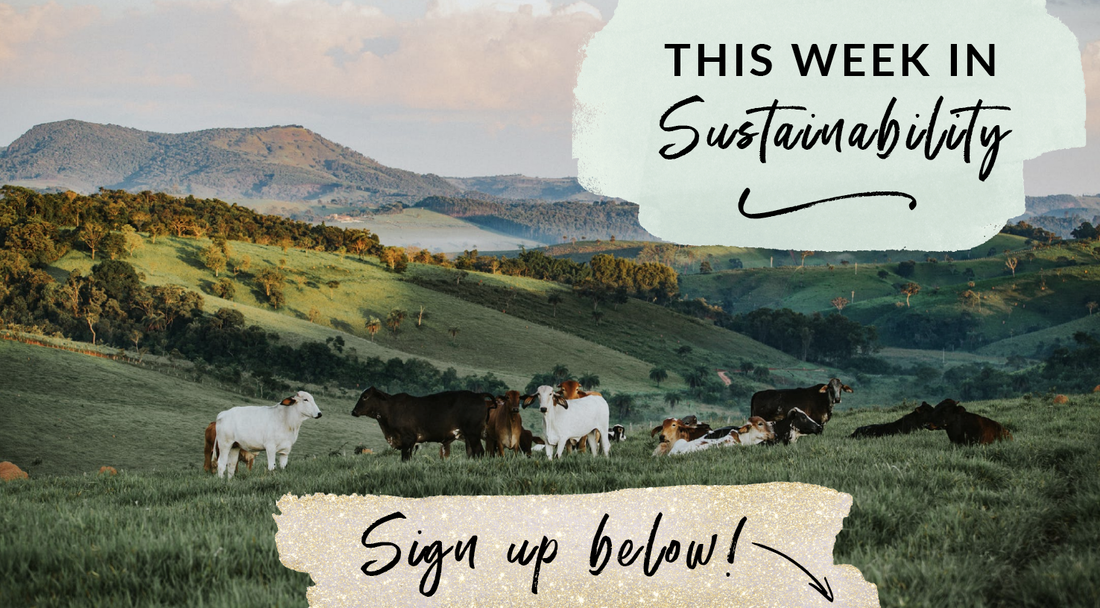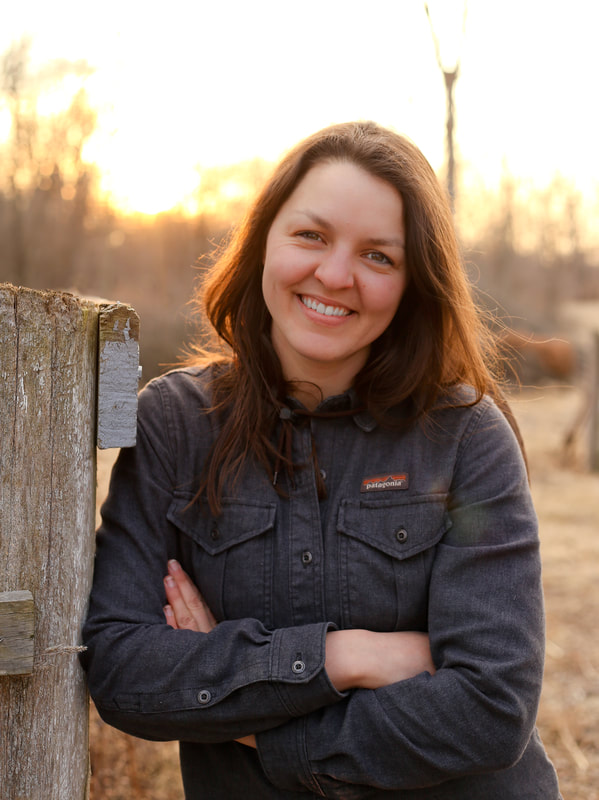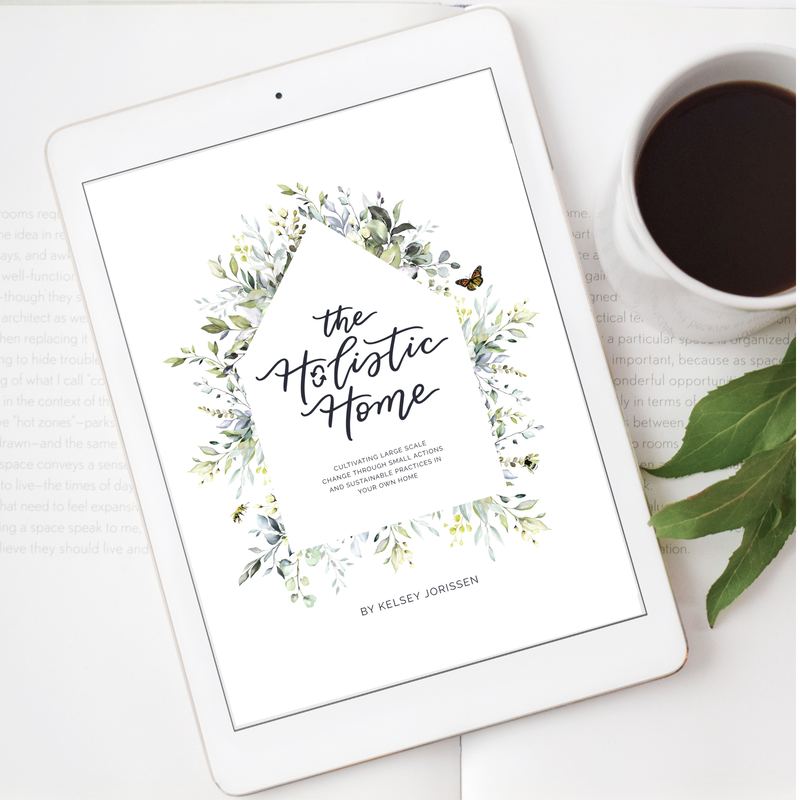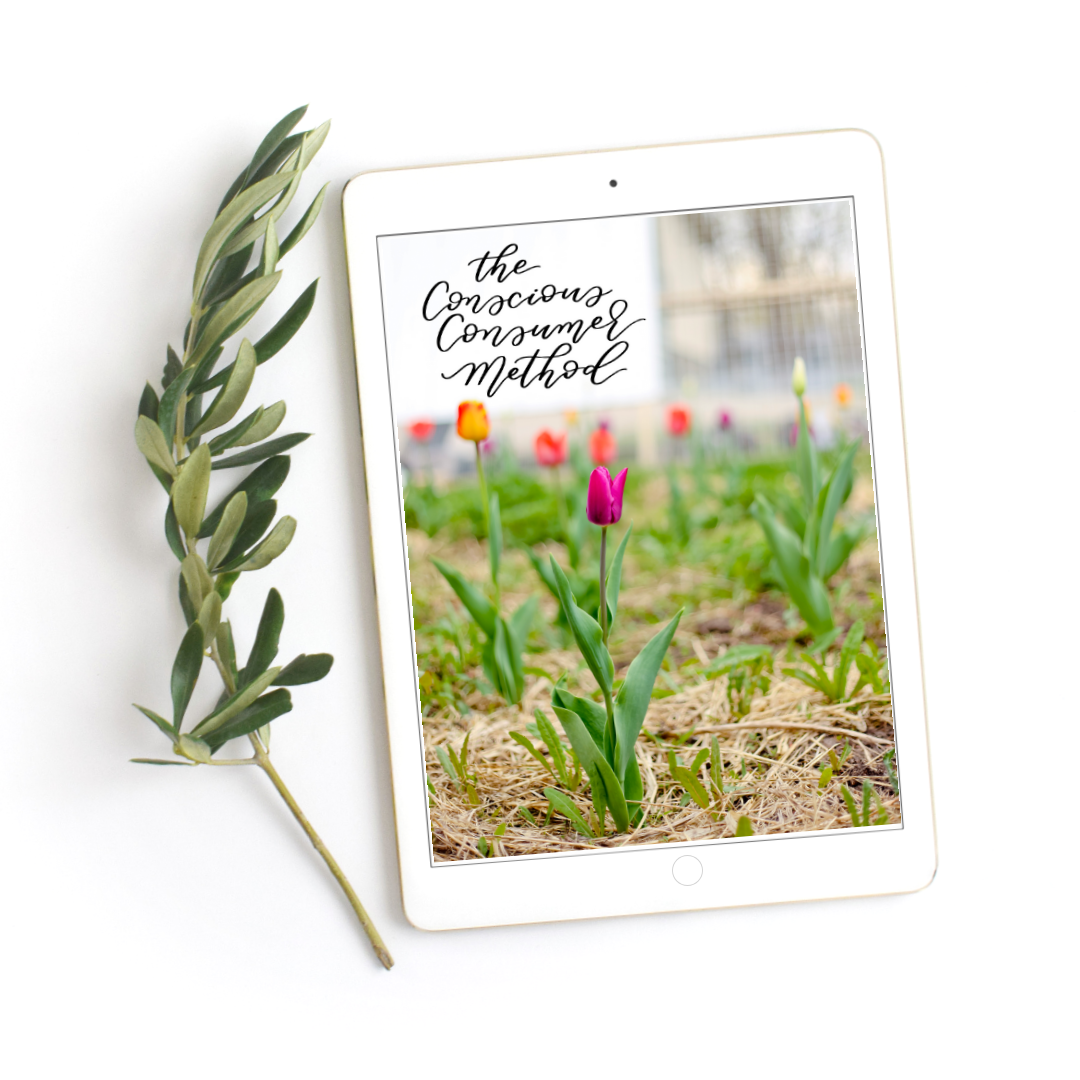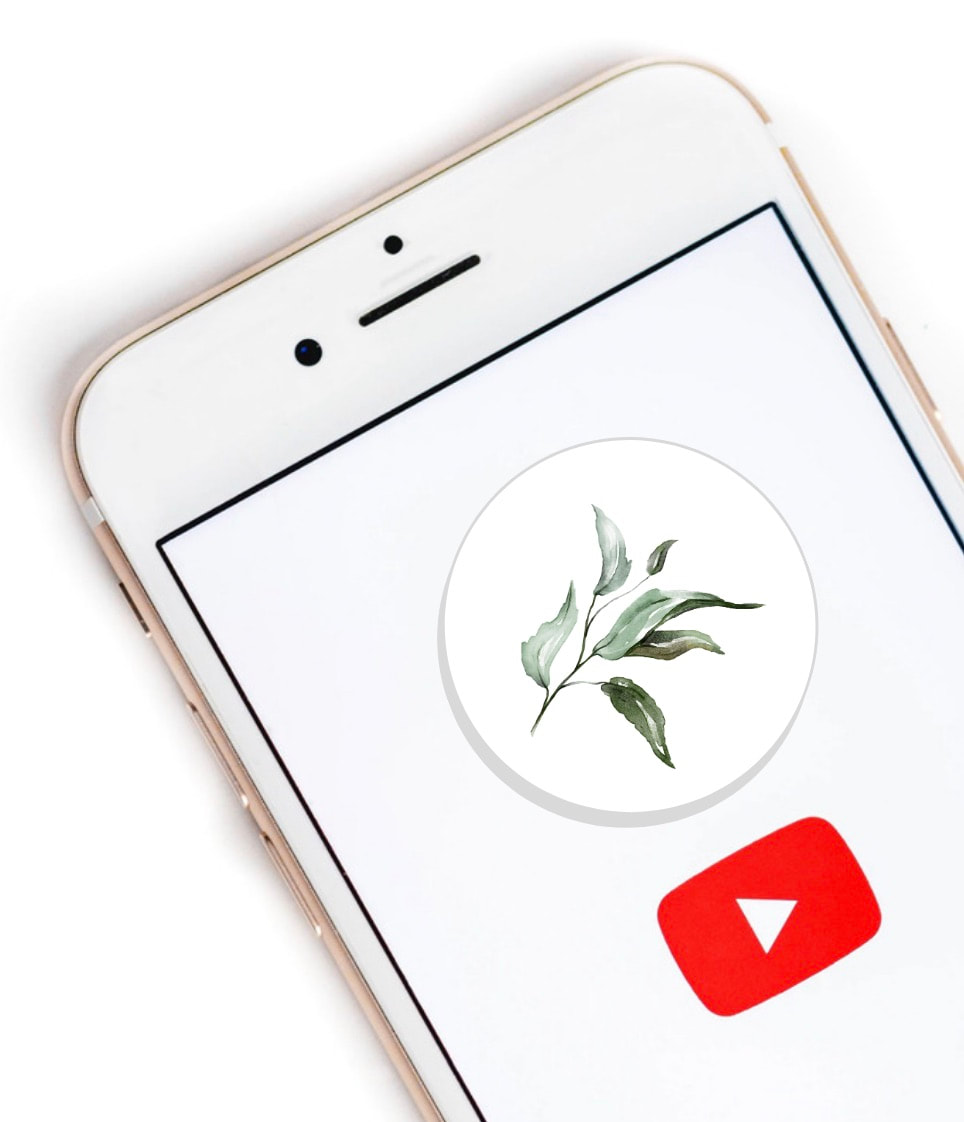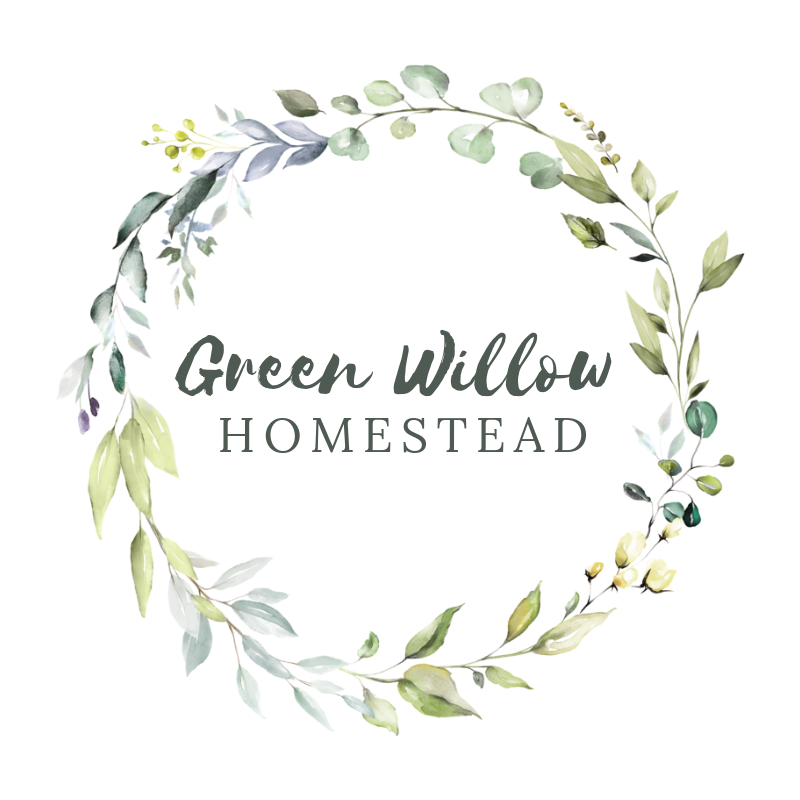|
Spring is finally here! And in today’s episode of the Positively Green Podcast, we’re talking all about sunscreen. Believe it or not, we need some sun exposure without any sunscreen to help our bodies get Vitamin D. We’re also talking about the ingredients in conventional sunscreens and their health effects, as well as how they are negatively impacting the environment. Then we also leave you with safe, non-toxic, mineral sunscreen options. We’re all about practicing safe sun exposure over here!
In this episode we discuss:
Show Notes:
Studies:
Environmental Working Group’s Sunscreen Guide Becca’s SPF Recommendations: Kelsey’s DIY Recipe:
Download the free dminder app!
2 Comments
Sustainability In The Press
A small family business is turning green waste into greener fields in Arizona. Green Waste Recycling collects clippings and trimmings from local landscaping businesses, chips them, composts them, and then spreads it over farmers’ fields to increase the biodiversity of their soils, skyrocket water retention, and boost yields. Some of these fields include alfalfa, which is then fed to local cattle. As the reporter puts it, “turning sticks into steaks.” This is such a fantastic example of using closed loop cycles!
In an effort to cut down on their carbon footprint, Amazon is launching a program called Amazon Day. The program organizes all your orders into one single delivery day for the week, cutting down on transportation for all the must-haves you order. My podcast host, Becca, and I chatted about this on one of our earlier Positively Green Podcast episodes. Paul and I have been trying to do this mindfully, keeping things in our cart until we hit about 5-7 items then we would order and get them to come on the same day, but it’s awesome that Amazon will do it for you now! The milkman method has been making a comeback, where the packaging for the items you purchase is reused over and over again (like old milk bottles). Major companies are opting in to package their goods in reusable, durable, and attractive containers that are then sent back to the manufacturer for continued use (instead of winding up in a landfill). When Greenpeace released their top ten worst companies for plastic pollution in the ocean, those companies realized they had a mounting PR crisis on their hands. Now, eight of those ten companies are a part of the Loop program. The methodology is definitely not without its faults, as the program requires a huge amount of transportation to make it possible, but I still think that it’s a step in the right direction. Extreme weather events are not only affecting American farmers, but farmers across the globe. Coffee farms in Honduras have suffered increasing droughts, disruptive rain events, and unpredictable winds that have decimated their crops. Families are beginning to flee to seek a more stable life in the United States, crossing the border illegally. This is the perfect example of major issues converging, until our government gets on board with the rest of the world for curbing climate change then our illegal immigrant situation is only going to get worse. Sustainability Podcasts
Food Heroes Podcast Episode 29: How a purple berry is saving the Brazilian Amazon with Ryan Black Sambazon
Green Dreamer Podcast Episode 132: Greening transportation with vehicles powered by Hydrogen fuel cells with Brian Goldstein Parting Thoughts:
In light ofEdition 6 of This Week In Sustainability, I have to share an experience I had at Ikea over the weekend. I ended up purchasing the wrong item (you know how the pick bins can be a bit confusing) and wound up with a mattress for a futon when what I wanted was the cover. It came shrink wrapped in unidentifiable plastic, so when I opened it up and realized it was a mattress, it had expanded and would not fit back in the original plastic bag.
I carefully wrapped it up best I could and brought it back to Ikea return it. At customer service, the Ikea employee told me I had to put it in another plastic bag to make the return. She handed me a flimsy plastic bag and I stared at her blankly and asked, "Could I get some help?" The futon mattress was huge and cumbersome to move, I mean, Paul had to help me get it into the van! She replied, "We're not supposed to help customers with this." Then she sat there and watched me struggle to shove the mattress covered in the first plastic bag, into another plastic bag that also wasn't big enough to fit it. After a few minutes of struggling, the people behind me in line graciously offered to help. We all proceeded to shove half of the mattress into another plastic bag. So much for customer service and care for the environment Ikea. How strange right?! Last 24 Hours Of The Earth Day Sale!
These are the final 24 hours on my Earth Day Sale. So if you have been eyeing my awesome sustainable holistic living ebook, The Holistic Home, now's the time to grab your copy at 20% off (no offer code needed). Cut through the overwhelm that trying to live more sustainably brings, and learn from my decade's worth of experience, eco-friendly product testing, and research.
Sign up below to be sent "This Week in Sustainability." Staying informed and being a part of the conversation are integral in the fight to curb climate change. Thank you for being a force for good!Thank you!You have successfully joined our subscriber list. Sustainability In The Press
In 2017 after a sick whale washed up on Norway’s shore, its stomach filled with plastic, the country decided it was time to put an end to its contribution to plastic in the ocean. The recycling company, Infinitium, was born and now it recycles a staggering 97% of Norway’s plastic bottles. Let’s compare that number to the UK, who recycles 43%, and then the US, who recycles a measly 28% of its plastic bottles. Norway has taken on an industry-inclusive method that makes companies just as responsible as the consumers. Do you think the rest of us could follow suit?
From a fellow regenerative pastured chicken farmer, this in-depth article on the state of our food system is not to be missed. Well researched, well-written, and deeply thoughtful, commit some time to reading this instead of watching Netflix’s docuseries Rotten (which missed the point on a number of key issues). Speaking of farmers, the USDA just released its census data for 2017, the last being released in 2012. As a farmer, there’s so much enticing information in here that I could spend a week reading the whole thing. One of the highlights is that they started tracking organic farms by gender, so now we have a better picture of how many women are getting into farming, and staying in. Organic farming aside, in 2012, there were 288,000 female farmers listed as the principal operator, and in 2017 that number rose to almost 800,000. The future is female farmers! On a more somber note, the average farm size shows that rural real estate cannibalism is still at an all-time high, hitting an average of 441 acres per farm in 2017, up from 434 acres in 2012. We are on a farming kick for this edition! In a CNN Perspectives piece, Patagonia and Dr. Bronner’s CEOs have joined forces to bring to light the consequences of reckless farming. Along with a handful of famous farmers, they have formed the Regenerative Organic Alliance and are beginning a pilot program for a new type of climate friendly certification to encourage growers to be kinder to the earth. Sustainability Podcasts
The Positively Green Podcast Episode 13: The truth behind sustainable food packaging with Dan Kurzrock
Food Heroes Podcast Episode 28: Farming, feminism, and the fight to feed the world with Trina Moyles Parting Thoughts
In our effort to nix single-use plastic this year, I will be the first to say how impossible it feels. Every time we try to find a solution, we end up back at square one (throwing something in the garbage). I'm continuing to have grace with myself and be patient with the process, so let my struggle be comforting to you if you are just starting out. Here I am with a whole blog dedicated to sustainable living and I still haven't got it 100% figured out. It's okay that you aren't doing things perfectly. There is no such thing as a perfect sustainable life, just the constant state of discovery and self evaluation. Make the process exploratory and trust that we are all in this together!
Sign up below to be sent "This Week in Sustainability." Staying informed and being a part of the conversation are integral in the fight to curb climate change. Thank you for being a force for good!Thank you!You have successfully joined our subscriber list.
In this episode, we chat with Dan Kurzrock, the CEO of Regrained, a company that is working hard to find sustainable solutions for food waste and packaging waste. If you’ve been frustrated with the non-recyclable and non-compostable food packaging winding up in your garbage, this is the episode for you.
Dan Kurzrock is the co-founder and Chief Grain Officer of ReGrained. Dan founded ReGrained out of his hobby for homebrewing beer, where he first discovered that “spent” grain could be given a delicious second life. He is now obsessed with the impact edible upcycling and closing nutrient loops can have on our food system. As Chief Grain Officer, Dan is “Mr. Outside” for ReGrained, handling all elements of growing the business. Dan holds an Economics degree from UCLA and an MBA in Sustainable Management from Presidio Graduate School.
In this episode we discuss:
Show Notes:Other blog posts + podcast episodes you might like:
I recently had the honor of being interviewed by Audra Mulkern on The Female Farmer Project: The Podcast. Audra works tirelessly on The Female Farmer Project, a multi-platform documentary project that chronicles the rise of women working in agriculture around the world. From in-depth stories, personal essays, photographic portraits, a podcast, and in-development documentary film, the project gives a powerful voice to the fastest growing demographic in agriculture - The Female Farmer.
In this episode we discuss:
Sustainability In The Press
On April 3rd Aldi sent out a press release stating that by 2025, all packaging will be reusable, compostable, or recyclable. ALDI has never offered single-use plastic shopping bags. The CEO, Jason Hart said, “While we’re pleased that we’ve helped keep billions of plastic grocery bags out of landfills and oceans, we want to continue to do more. The commitments we’re making to reduce plastic packaging waste are an investment in our collective future that we are proud to make.”
As weather patterns become more extreme, those living in government-subsidized housing are suffering (as well as the government’s wallet). Many of these housing complexes are built on flood plains, which are flooding more and more frequently. The residents are not in a financial position to leave, allowing them to move to safer ground. HUD cites that low-income housing is at a shortage, so complexes built in unsafe areas are here to stay. A team of scientists determined that 16% of the glacial lakes that are melting in the Tibetan Plateau have the ability to flood and destroy communities downstream. This was the most comprehensive study done to date on glacial flood risk, and the team hopes their findings can help governments pinpoint which lakes they need to set up risk management efforts for and protect people’s lives. There’s a new docuseries out on Netflix and it’s going to make your heart hurt. Our Planet documents the effect of climate change on animals species across the globe. The eight-part series took four years to film in 50 countries. If you are an animal lover, you may want to skip over a few parts! Sustainability Podcasts
Food Heroes Podcast Episode 024: Mindful Manufacturing and Following Your Passion with Cindy Poiesz
Green Dreamer Podcast Episode 128: Questioning Overconsumption and our Wasteful Fashion System with Sarah-Jayne Smith Parting Thoughts
A year ago today marks my last "shopping spree." I spent $74 at Goodwill and came home with a whole new wardrobe - including labels like Ralph Lauren, Patagonia, Abercrombie, and Christie Dawn. I had just done a "Clear Closet Clear Mind" clean out (which is a simple clothes purging system I share in my ebook The Holistic Home) and knew I was ready for a fresh start on my clothes. Since that spree, I've purchased a few musts like socks, bras, and underwear - but the secondhand clothes have lasted and I love them. I encourage you to do a closet clean-out and focus on what you actually love and wear, then buy secondhand if you feel inspired to shop!
Sign up below to be sent "This Week in Sustainability." Staying informed and being a part of the conversation are integral in the fight to curb climate change. Thank you for being a force for good!Thank you!You have successfully joined our subscriber list. Sustainability In The Press
Across the world, major cities and landmarks turned off their lights for one hour in honor of Earth Hour. While the PR is great and it definitely gets attention, one hour each year is simply not enough to inspire massive change in my book. What if we had Earth Hour once a week every week?
New York is set to ban single-use plastic bags in all retail stores next March. They are the second state to impose a ban behind California. It’s certainly not a catch-all, as the bill has a number of “exempt” situations for things like garment bags, take out bags, and the like - but it’s a start. Burger King is rolling out its first meatless burger. Sourced from the startup company Impossible Foods, the burger would be available in all 7,200 locations across the US. Impossible’s claim to fame has been how similar their burgers taste to real meat. How do they accomplish this? By using heme. Heme is an iron-rich protein that Impossible Foods thinks brings much of the meaty taste to meat. How do they source their heme? Impossible Foods discovered a way to grow it using the roots of soybean plants and mass-produce it using GMO yeast. Where is that soy sourced from? GMO soybeans. You tell me how much better for the planet this alternative is. The company makes the fatal mistake of likening genetic modification to hybridization - which are two extremely different practices. Hybridization is about breeding similar strains of plants with each other, which farmers have done for thousands of years (think a paste tomato crossed with a cherry tomato - nature does this all on her own) the other is blatant genetic cut and paste (think like squid genetics CRSPRed into a soybean plant - which nature does not do). It’s processed food at the end of day. I’ll continue to enjoy my grass fed burgers, thanks. Ikea is on track to become “climate positive” by 2030. They are aiming to reduce their climate footprint by 80% through sourcing more earth-friendly material, getting manufacturing plants powered by renewable energy, and tackling deliveries’ carbon footprint. Unfortunately, the numbers show their climate footprint went up by 2.8% since 2016. Don’t get me wrong, I love a good romp through Ikea, but there is something to be said about well made materials that are meant to last. When I think about quality and longevity, I don’t think about Ikea. In better news, almost half of the EU states have hit their renewable energy goals for 2020. Those who get a gold star are Bulgaria, Croatia, Czech Republic, Denmark, Estonia, Finland, Italy, Hungary, Lithuania, Romania and Sweden. Sustainability Podcasts
The Positively Green Podcast Episode 12: How to easily incorporate herbalism into your lifestyle with Kyle Denton
The Green Dreamer Podcast Episode 125: Individual actions adding up to transform the world for the better with Aaron Perry The Food Heroes Podcast Episode 27: Why Beekeeping is important and how to get started today. Parting Thoughts
If you want to find local regenerative farmers, one of the best resources is LocalHarvest.org. From pastured eggs to local honey - you can search their database depending on your location and get in contact with amazing farmers growing amazing things. We found our grass fed beef and pastured pork using this resource!
Sign up below to be sent "This Week in Sustainability." Staying informed and being a part of the conversation are integral in the fight to curb climate change. Thank you for being a force for good!Thank you!You have successfully joined our subscriber list. |
Meet Kelsey,Thanks for stopping by Green Willow Homestead! From chicken rearing to composting, we've got our hands full and we love sharing what we've learned along the way. Follow along as we turn the 80 acres we call home into a farm that serves its community and a homestead that nourishes us throughout the seasons. Grab the EbookListen in!FREE Guide!Tune in to our YouTube ChannelInspirationsCategories
All
Favorite Books of 20241. Erosion
2. Braiding Sweetgrass 3. As Long As Grass Grows 4. The Small Scale Poultry Flock 5. The Zero Waste Solution Archives
April 2024
|
FOLLOW KELSEY ON INSTAGRAM!
As an Amazon Associate I earn from qualifying purchases. |

